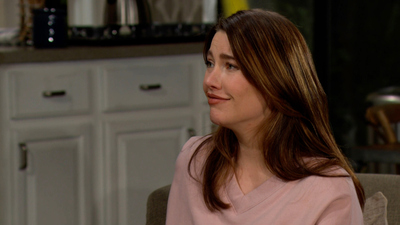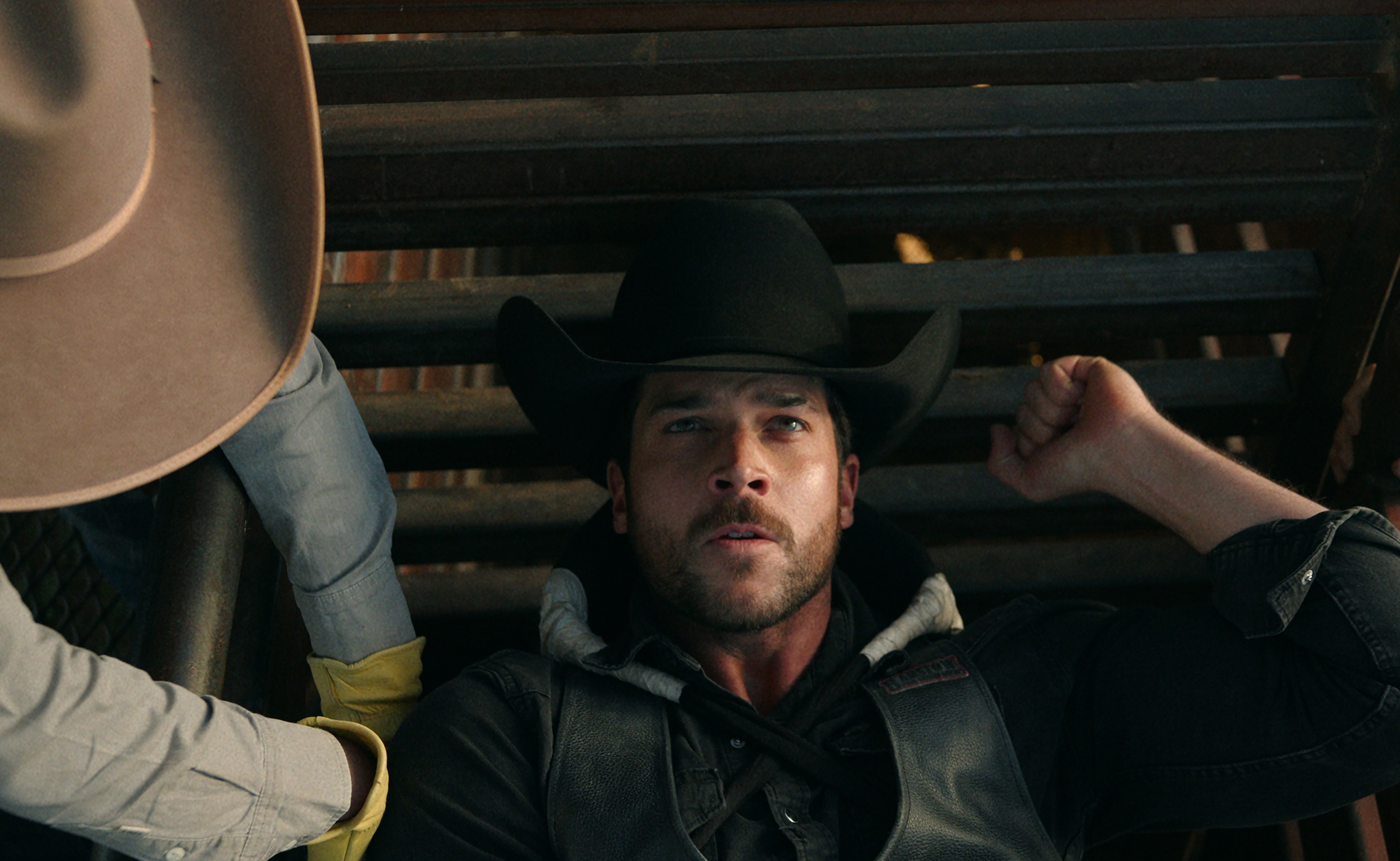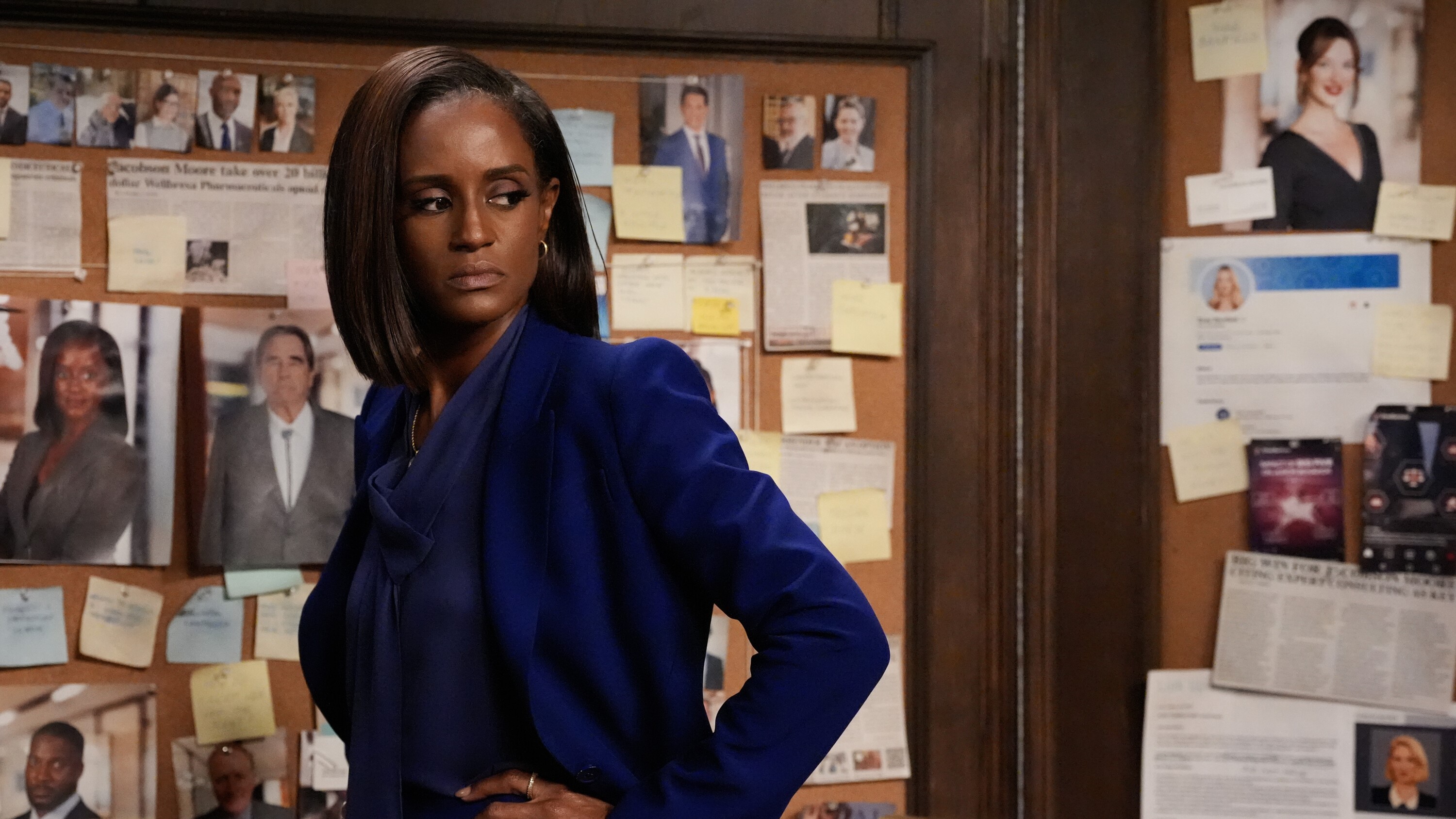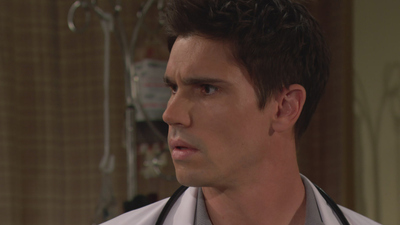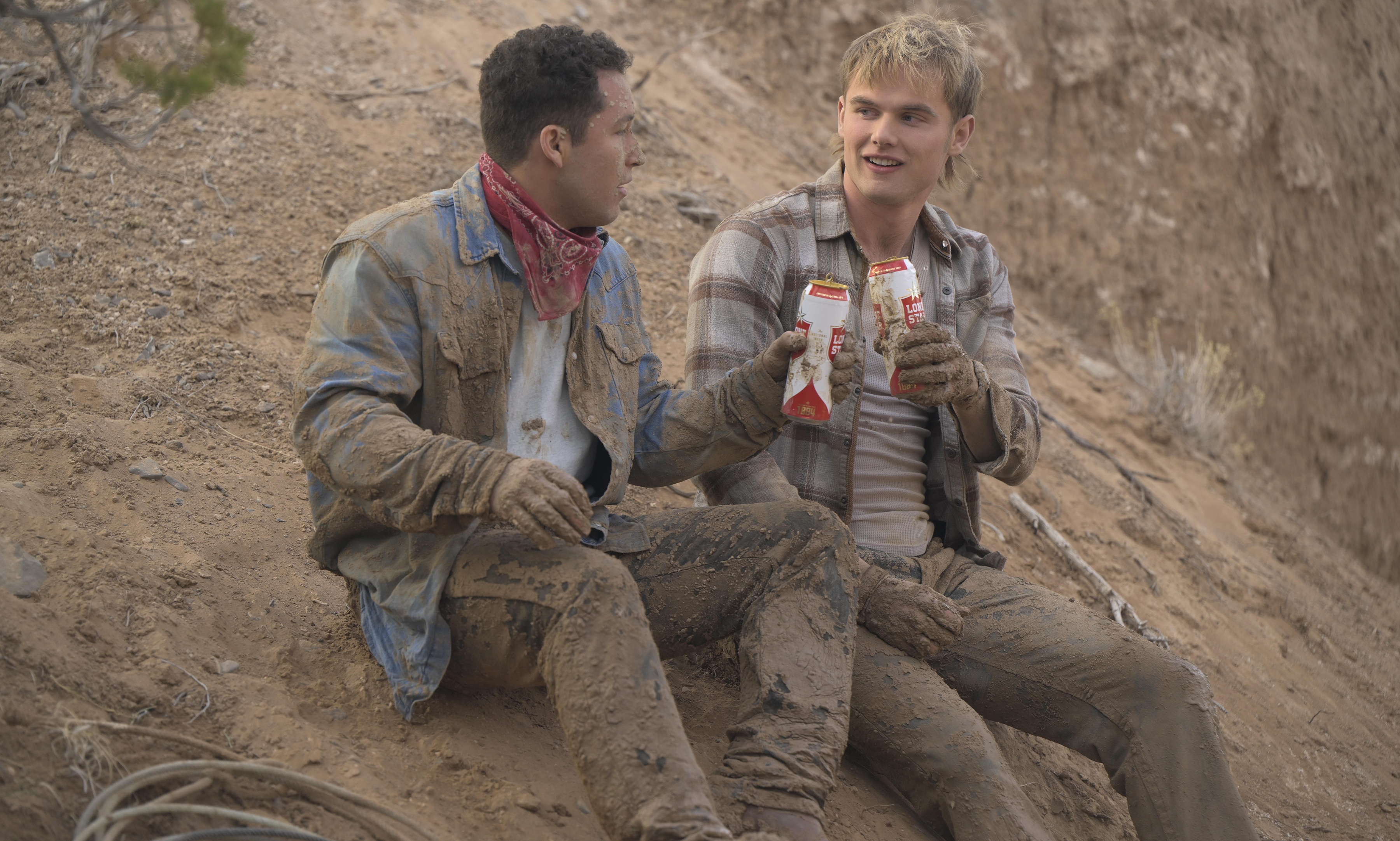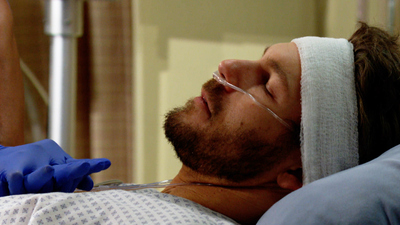'The Nevers' continues the supernatural Victorian trend
From 'Penny Dreadful' to 'The Irregulars,' women gain agency in a restricted society via special gifts.
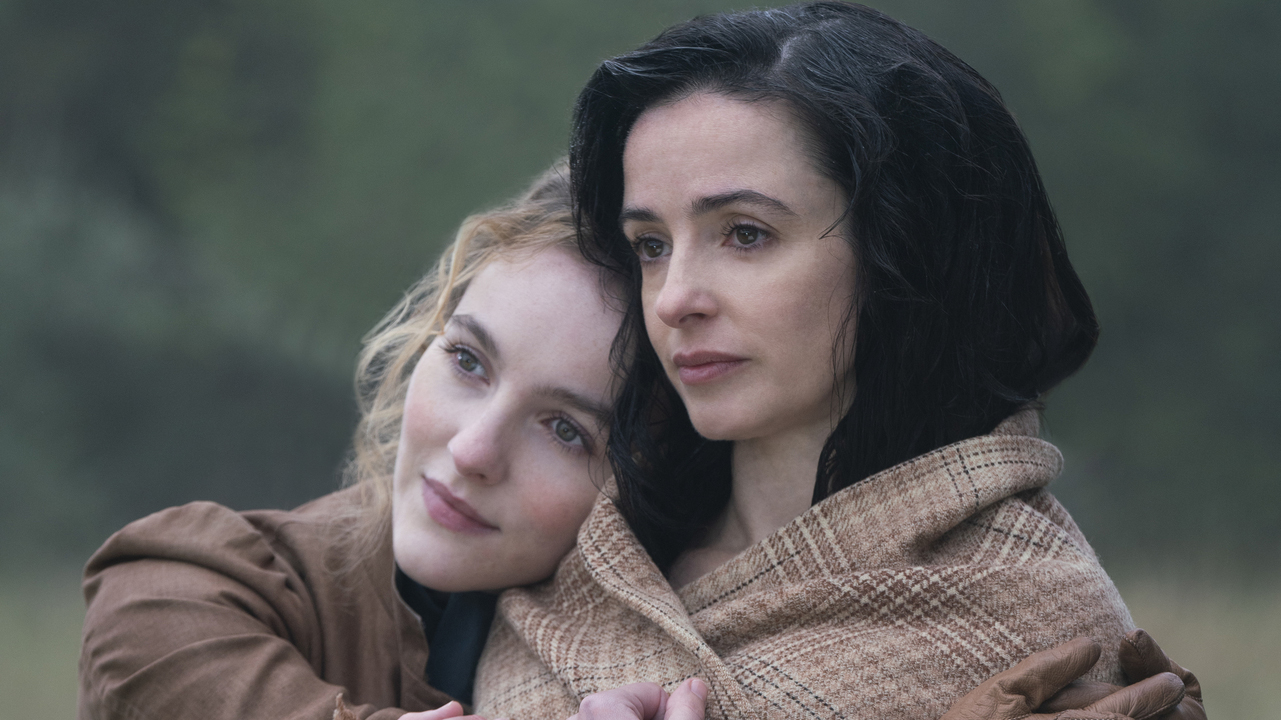
Victorian England is a backdrop for many supernatural or fantasy-leaning adventures whether the recent Netflix spin on Sherlock Holmes in The Irregulars or Showtime's Penny Dreadful. If magic or monsters are not involved, crime typically factors from the infamous unsolved Jack the Ripper case or Enola Holmes joining the family business in the Millie Bobby Brown-headlining Netflix movie. Across the Atlantic in New York City, The Alienist is set in the same late 19th-century timeframe that depicts the fiercely independent Sara Howard (Dakota Fanning) breaking free of conventions by setting up her own all-female detective agency. A period of great change in industry and science, it is no surprise that more than a century after Queen Victoria’s reign ended, creators and audiences alike are still drawn to London’s foggy streets. Despite societal limitations for women, in these stories, they often thrive. Financial independence is vital but for others, superhuman gifts play a major role.
Joining the ranks this month (April 11) is the new HBO series The Nevers that taps into a society that is far from free for women — unless you are the Queen. Set in 1896, a supernatural event alters the playing field when the “Touched” are gifted with certain abnormal abilities. It is predominantly women who gain this gift that some consider disturbing, pitting them against powerful figures who want to keep the status quo. To survive in this world in which forces want to exterminate those with these gifts called “turns,” they must band together to survive. This team-up includes widow Amalia True (Laura Donnelly) who sees glimpses of the future and the brilliant inventor Penance Adair (Ann Skelly) who want to protect the gifted “orphans.” Enemies are all around but rich benefactor Lavinia Bidlow (Olivia Williams) funds the orphanage for the Touched — she also advocates on their behalf.
It is part steampunk sensibility, part X-Men meets The Umbrella Academy with a dash of the recent Amazon Prime series Carnival Row — but with fewer fairies. A project like this is enticing because it is familiar enough to pique interest but not a carbon copy of other recent shows or movies. (To get the elephant in the room out of the way, this is the show Joss Whedon exited amid alleged workplace harassment allegations on other sets, and anyone watching the trailer would have no inkling of his involvement)
"The Touched are rewriting the rules of reality,” Pip Torrens snarls in the first full-length trailer, proving once again why he is the go-to actor for an authority figure who has grown bored of the problem he has been presented with. Playing high-ranking government official Lord Gilbert Massen, it will come as no surprise to those who have seen the prolific character actor in The Crown or Preacher that Torrens is playing the chief antagonist. This new underclass represents a danger to this society bound by regimented traditions and he wants them stopped. Far from the only person wanting to reign in the powerful Touched, deranged Doctor Hague (the wonderful Denis O’Hare) is obsessed with finding the source of these abilities.
So, why is the restricted Victorian era so fruitful for stories featuring powerful female characters? In 1893, New Zealand became the first country that granted all women the right to vote and the times were slowly changing. However, to have agency during this time beyond significant wealth, the inclusion of abilities — whether a predilection for observation to aid crime-solving or something more out-there such as a psychic gift — gives writers more scope to explore a woman in the male-dominated world. Even when the monarch is a queen that doesn’t mean it is open season for women to do what they want. Dressing in masculine attire is one method for escape as Enola Holmes discovered before switching up her outfit to aid her investigation. Unable to live the life that her brothers enjoy, Enola has to rely on the education her mother gave her before she mysteriously left.
Meanwhile, The Irregulars depicts a version of Britain’s capital city that is under attack from supernatural beings. Sisters Bea (Thaddea Graham) and Jessie (Darci Shaw) live in a rundown building on the infamous Baker Street and their world becomes entangled with the world-famous Sherlock Holmes (Henry Lloyd-Hughes) and Dr. Watson (Royce Pierreson). Arthur Conan Doyle’s novels did walk a supernatural line at times and it is no secret the author was a practicing spiritualist. Spirit boards became common practice during this time both in the UK and the United States (see Dickinson) and the use of Ouija boards in The Irregulars matches Doyle’s interest in the occult and the shift toward spiritualism. The reason why so many Victorian-set shows have a ghostly element is that it matches the parlor activity trend and other pursuits of the time.
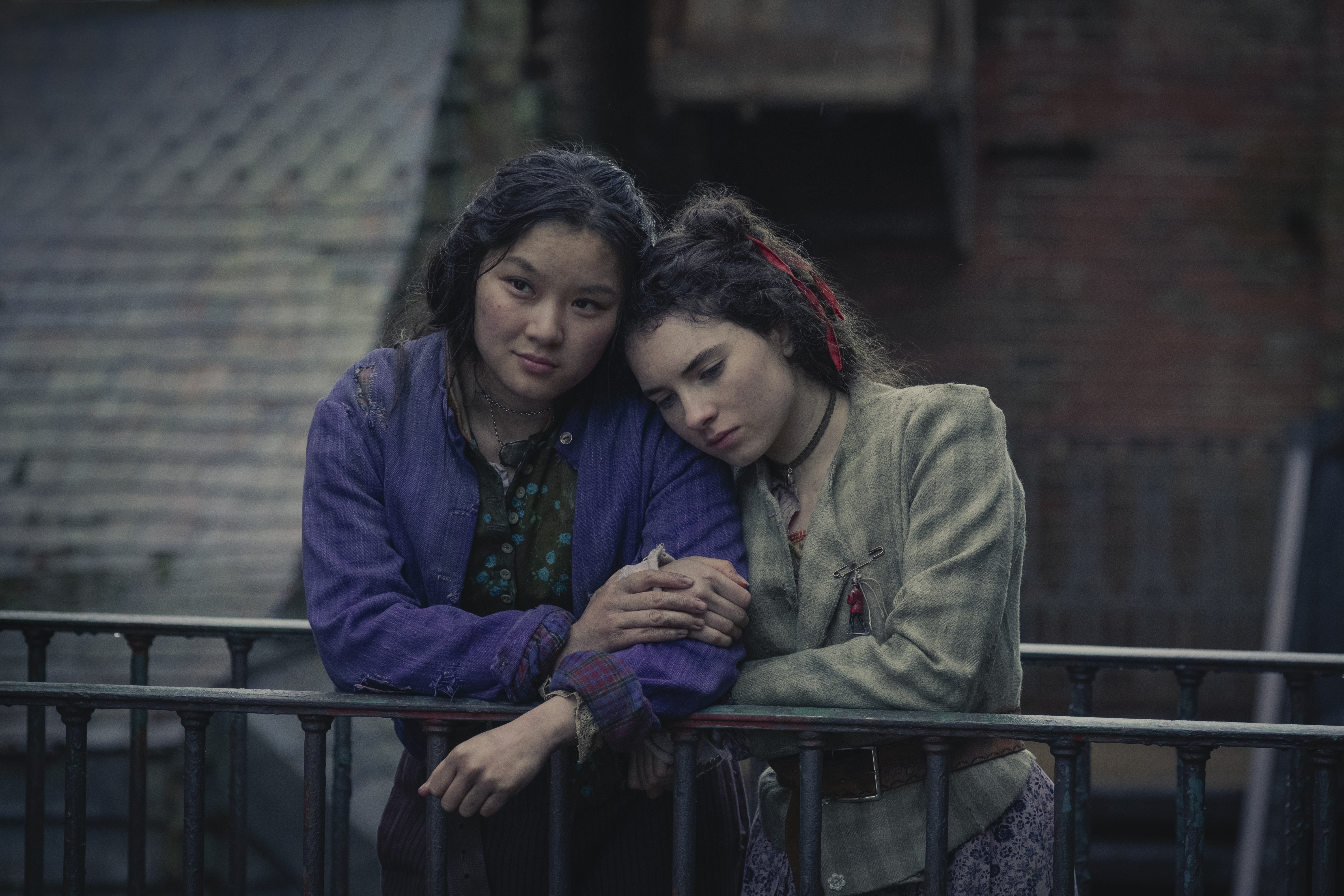
Jessie possesses true psychic abilities in The Irregulars that are first understood to be a sign of madness but it is actually the gift her mother also possessed. Horrors inflicted in the name of mental health are long and terrifying with women getting labeled with afflictions rooted in the mind. Medical advancements were made during these decades though not without major diagnosis errors and hysteria-based notions. For a woman to gain agency, a special gift can be beneficial in a Victorian narrative, but it is also a dangerous predicament that could send her to a terrifying institution. Bedlam is an infamous asylum that strikes fear into the hearts of even mortals who possess powers. Jessie is grappling with what is going on in her mind, along with the lack of financial independence that means the sisters get by on their wits. What feels like a curse becomes a gift that ultimately gives them the upper hand.
Get the What to Watch Newsletter
The latest updates, reviews and unmissable series to watch and more!
Not everyone with powers uses them to solve terrifying murders, in fact, they might be utilizing these newfound tricks to cause harm. In The Nevers, Maladie (Amy Manson) gets her power from pain and she is joined by the fire-wielding Annie aka Bonfire (Rochelle Neil) causing havoc. The trailer depicts a theater act gone purposefully awry that will not help Amalia's cause. Others find it hard to stay hidden including the 10 feet tall Primrose (Anna Devlin). Being streetwise is important for survival and this is another thread that links the London-based Victorian adventures. Dickensian elements are as much a feature of this setting as a child pickpocketing to survive and a shady figure taking advantage of the rigged class system.
Aesthetically this environment is similar enough to our own that it doesn’t feel alien but far enough removed that it doesn’t match our own. The leg of mutton sleeve dresses and corsetted waists share elements of today’s fashion — power shoulders are in — without mirroring contemporary sartorial choices. Costume designer Michele Clapton, who has wowed audiences and won awards for her work on Game of Thrones and The Crown, is behind the stunning looks. Clapton has previously costumed a host of powerful female characters in male-dominated worlds — from Cersei Lannister to Queen Elizabeth — so is more than up to this period-meets-fantasy task.
Control is another big factor in the push to maintain the patriarchal order with the threat of violence being an overt tool in The Nevers villain arsenal. Amalia’s mission to make the world a better place is at odds with the men wanting to retain their dominance. A restrictive society is one that works for them and in order to depict powerful women during the 19th century, certain tools must be at their disposal. In Regency London of the 1810s, Bridgerton opts for gossip as currency and power over the supernatural but it fulfills a similar role when options are limited. After all, in a society in which a woman’s worth is measured by her dowry and childbearing abilities, there are few ways to beat the system. For that reason, the supernatural Victorian setting is one in which women can be as powerful as the Queen that sits on the throne.
Emma Fraser spends most of her time writing about TV, fashion, and costume design; Dana Scully is the reason she loves a pantsuit. Words can also be found at Vulture, Elle, Primetimer, Collider, Little White Lies, Observer, and Girls on Tops. Emma has a Master’s in Film and Television, started a (defunct) blog that mainly focused on Mad Men in 2010, and has been getting paid to write about TV since 2015. It goes back way further as she got her big start making observations in her diary about My So-Called Life’s Angela Chase (and her style) at 14.

